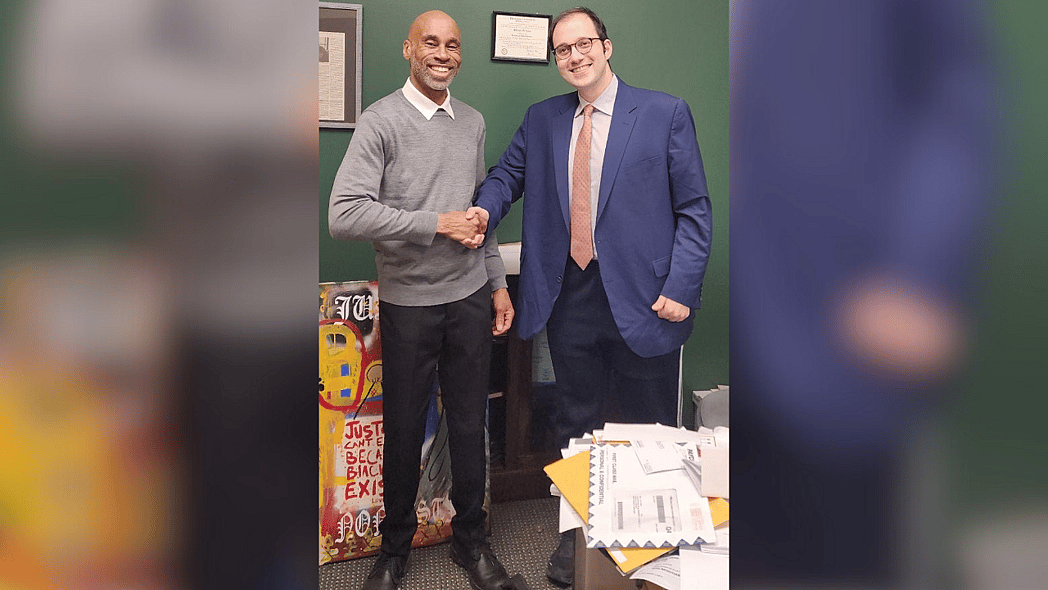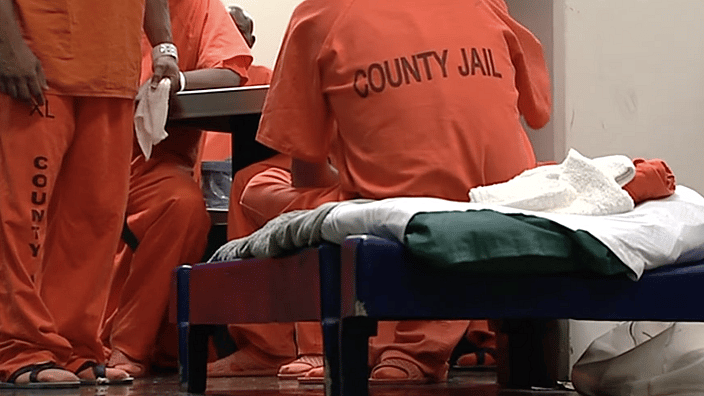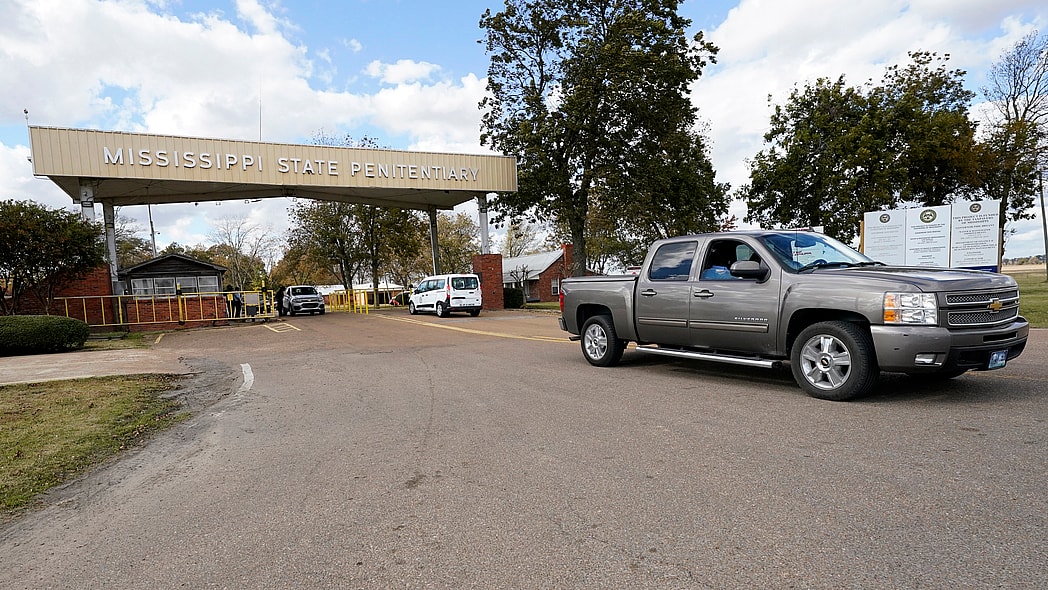The family of a man who died in the custody of the Alabama Department of Corrections intends to file a lawsuit after his body was returned devoid of his organs.
According to Andscape, the chaplain at the Limestone Correctional Facility, located in Harvest, called Agolia Moore on July 21, 2023, to let her know her son Kelvin Moore, 43 — with whom she had spoken on the phone about 90 minutes earlier — was dead from a fentanyl overdose.
Moore’s remains reached his hometown, about 350 miles from the prison, six days later. Since he died in custody, the University of Alabama at Birmingham, which reportedly has been conducting autopsies for the prison system since 2006, received his corpse first.

Samuel Jackson Mortuary in Mobile was preparing Moore’s body on Nov. 27 when the owner noticed most of his internal organs were missing, prompting him to call the family immediately.
“I said, ‘Hey, man,'” Jackson recalled, “‘they kept most of his organs.'”
Birmingham civil rights attorney Lauren Faraino is investigating Moore’s family’s case.
“It’s a systematic abuse situation,” Faraino said. “UAB has been taking the organs of incarcerated people without family consent for years now, and we have a handful of families that have come forward who discovered that their loved ones were returned without their organs.”
Simone Moore referred to what happened to his brother’s organs as “thievery.” After hearing about his brother’s missing organs, he and Jackson contacted the university to demand their return, learning from a supervisor that they were kept for “further study.”
According to Andscape, Moore’s other brother, Michael Boman, later got a call from the chaplain at Limestone suggesting the university be allowed to retain the organs.
Jackson said funeral directors statewide have a theory that Moore’s case and others regarding missing inmate organs are connected to “a black market for organs.”
In an interview with Andscape, two former University of Alabama at Birmingham medical students, who wished to remain anonymous, claimed they learned in 2018 that hospital staff members were harvesting certain inmates’ organs with approval from prison wardens rather than the victims’ families. They said they were shut down when they attempted to persuade the institution to alter its procedures.
Recommended Stories
Faraino stated Black Alabama families are more likely to experience this kind of victimization since, although making up just around 27 percent of the state’s population, Black individuals are 56 percent of its 21,000-inmate population.
A law signed by Alabama Gov. Kay Ivey went into effect in July 2021 prohibiting forensic experts from retaining organs after an autopsy without the consent of the next of kin.
UAB issued a statement to Andscape declaring that credentialed American Board of Pathology physicians perform autopsies only after receiving authorization or consent.
“In an autopsy, organs and tissues are removed to best determine the cause of death,” the statement read. “Autopsy consent includes consent for final disposition of the organs and tissues. UAB is among providers that – consistent with Alabama law – conduct autopsies of persons at the direction of the State of Alabama.”
On July 28, Simone Moore and his sister, Monica Kyser, went to UAB to retrieve their brother’s organs. They were given a red viscera bag that the university said contained them. The next day, Moore’s body was buried with the red bag — which the family never opened to verify it contained his organs. Now, Moore’s kin are preparing a lawsuit and suspect his body may need to be exhumed should a judge demand the examination of the bag’s contents.
Alabama for years has had the deadliest prisons, many of which are overcrowded and understaffed. The U.S. Department of Justice is suing the state and its Department of Corrections in federal court in a trial scheduled for November, claiming that the living conditions in its prisons are cruel and unusual, which the federal government claims violates the Eighth Amendment of the Constitution.
According to the Department of Corrections, Moore — who was serving a 99-year sentence, incarcerated since 1999 on charges of attempted murder, among other felonies — was one of 337 prisoners who died within the state’s infamously dangerous correctional facilities between October 2022 and October 2023, Andscape reported.
“You cannot just arbitrarily open someone up and take what you want out of their body,” Simone Moore declared. “It’s just an atrocious act to know you’ve done that without our permission, and we would not have agreed to it on any terms. We don’t want this to happen to another family, and it could be anyone, because everyone knows someone that’s incarcerated.”
Never miss a beat: Get our daily stories straight to your inbox with theGrio’s newsletter.









